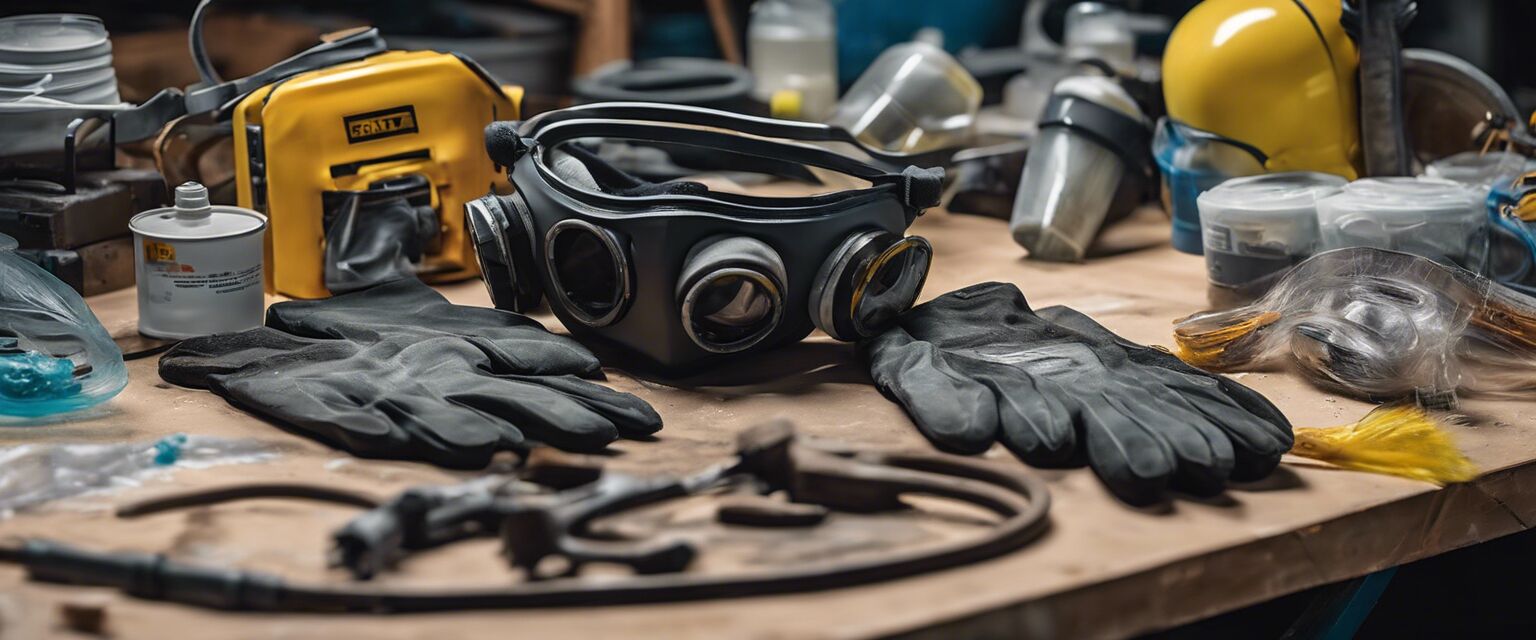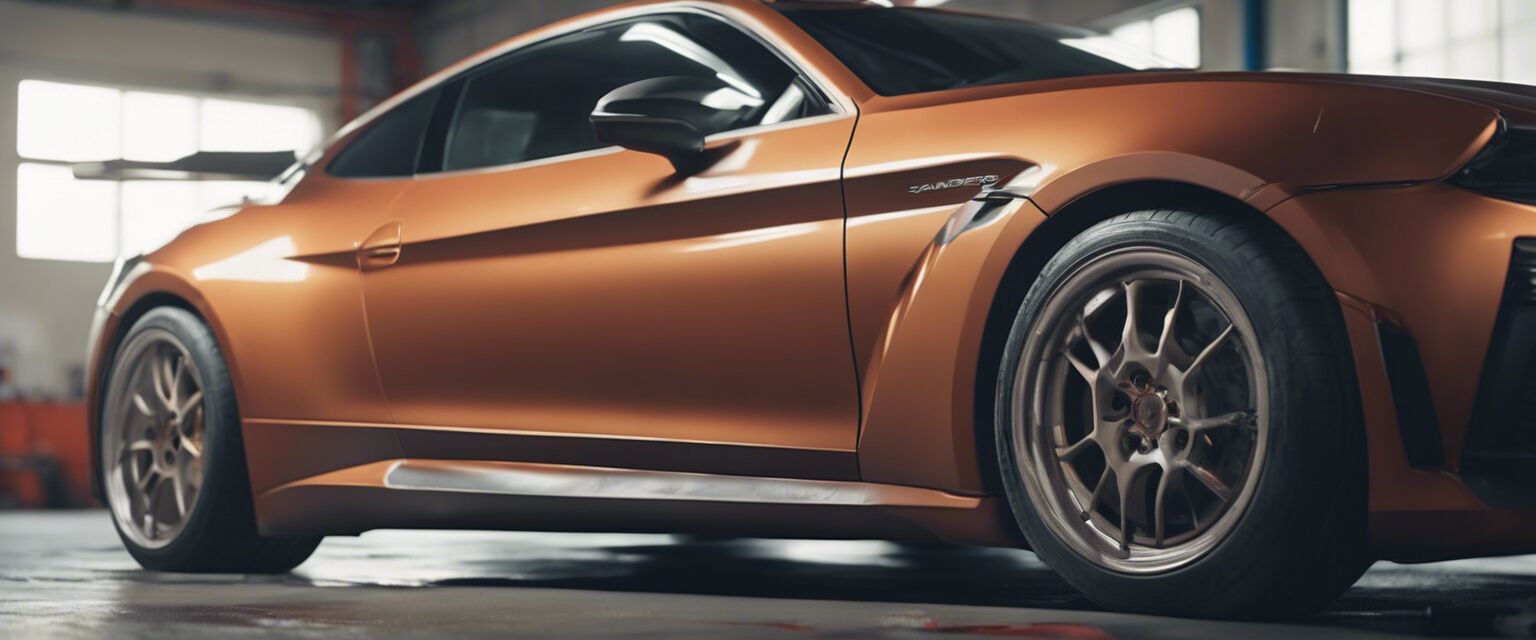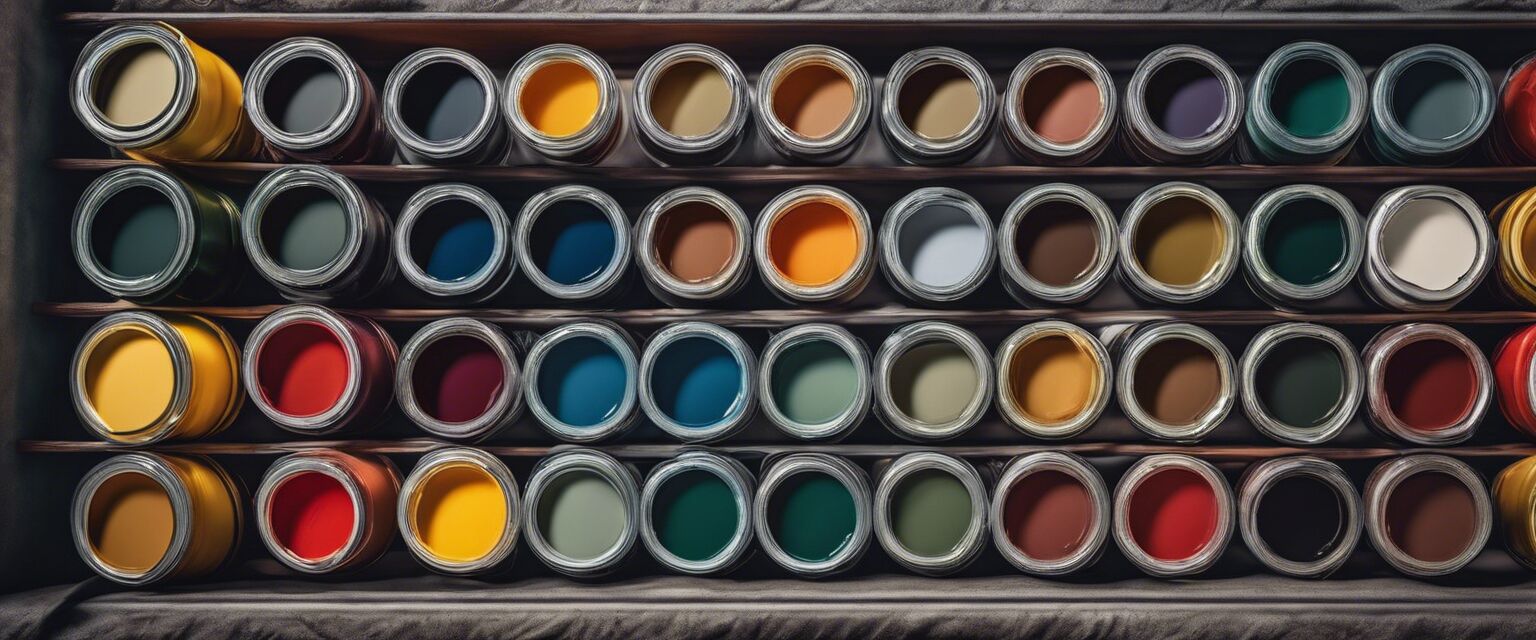
Painting tools and equipment
Key Takeaways
- Understanding the essential tools for auto body painting is crucial for achieving professional results.
- Proper preparation and safety gear are necessary for a successful painting project.
- Investing in high-quality equipment can save time and improve the quality of your work.
When it comes to auto body painting, having the right tools and equipment is essential. Whether you are a professional or a DIY enthusiast, knowing what you need can make a significant difference in the quality of your work. This guide will cover the essential tools, equipment, and tips you need to get started on your auto body painting projects.
Essential tools for auto body painting
Auto body painting requires a variety of tools. Below is a list of the most important ones:
- Paint sprayers
- Sanders and polishers
- Body fillers and putty
- Protective gear
- Car detailing tools
Paint sprayers
Paint sprayers are vital for achieving a smooth and even coat of paint on your vehicle. There are various types of sprayers available:
| Type | Description | Best For |
|---|---|---|
| HVLP Sprayers | High Volume Low Pressure sprayers use less paint and reduce overspray. | Detail work |
| Conventional Sprayers | Deliver a high volume of paint but may produce more overspray. | Large surfaces |
| Airless Sprayers | Use high pressure to atomize paint, allowing for thick coatings. | Heavy-duty applications |

Body fillers and putty
Body fillers and putty are essential for repairing dents and imperfections before painting. Here are some common types:
- Fiberglass filler
- Polyester filler
- Epoxy putty
Protective gear
Safety should always come first when working with paints and solvents. Hereâs a list of necessary protective gear:
Pros of using protective gear
- Prevents inhalation of harmful fumes
- Reduces risk of skin irritation
- Protects your eyes from splashes
Cons of using protective gear
- Can be uncomfortable in hot weather
- May restrict movement

Preparation and cleaning
Before you begin painting, proper preparation is key. Make sure to:
- Wash the vehicle to remove dirt and grease.
- Sand the surface to create a smooth finish.
- Mask off areas that shouldnât be painted.
Car detailing tools
Detailing tools can help you achieve a flawless finish. Consider the following:
- Clay bars
- Detailing brushes
- Microfiber towels
Sanders and polishers
Sanders and polishers play a critical role in surface preparation and finishing. Hereâs a quick look at their uses:
| Tool | Use | Benefits |
|---|---|---|
| Orbital Sander | Used for sanding large surfaces. | Even sanding, less risk of damage. |
| Rotary Polisher | Finishing and polishing paint. | High shine, removes scratches. |
| Detail Sander | Sanding tight spaces and corners. | Precision sanding. |
Maintenance of tools and equipment
To ensure your tools last, proper maintenance is essential. Here are some maintenance tips:
- Clean tools after each use.
- Inspect for wear and replace parts as needed.
- Store tools in a dry and secure location.
Conclusion
Understanding and utilizing the right painting tools and equipment can greatly enhance your auto body painting projects. By investing in quality tools and prioritizing safety, you'll be on your way to achieving professional results.
Tips for beginners
- Start with small projects to gain confidence.
- Always read product instructions before use.
- Practice on scrap materials before working on your vehicle.
For more information on specific tools and supplies, check out our other categories:






